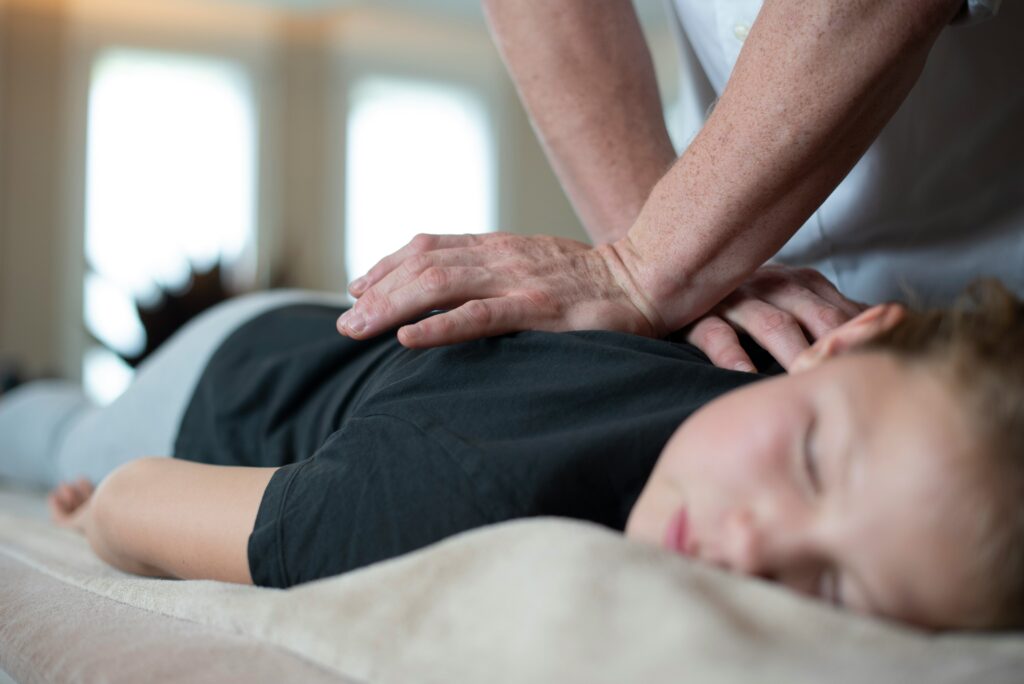
Support At Home Physiotherapy Melbourne
Support At Home Physiotherapy Melbourne is delivered by After Hours Physio, a trusted partner to many Support at Home/Home Care Package Providers. We bring high-quality physiotherapy services directly to your home—making it easier to receive treatment in the comfort of your own home.
What is a Support at Home Physiotherapy Melbourne?
Support at Home Physiotherapy Melbourne is a government-subsidized program in Australia designed to help older Australians live independently at home for as long as possible. It provides a coordinated mix of services tailored to individual needs.
Levels of Care:
- Level 1: Basic care needs
- Level 2: Low-level care needs
- Level 3: Intermediate care needs
- Level 4: High-level care needs
Services We Provide at Home:
- Allied Health Services: Physiotherapy & hand therapy
- Advice on Home Modifications: Installation of safety aids such as handrails and ramps
- Recommendations for Assistive Technology: Devices that support mobility and independence
Assessment and Eligibility Requirements:
Eligibility is determined by the Aged Care Assessment Team (ACAT) based on health needs and living situation. They also decide the appropriate level of care.
Choosing a Provider:
Once approved, you can choose from a range of home care providers. Providers work with you to create a care plan that meets your specific needs.
Cost:
The Australian Government subsidizes a significant portion of the cost. Recipients may need to contribute based on income through an income-tested care fee. Some providers may also charge a basic daily fee.
Flexibility:
Care plans are flexible and can be adjusted as needs change. You maintain control over your budget and the services you receive.
Support at Home/Home Care Packages aim to provide a holistic approach, promoting independence and improving quality of life for older Australians.
Who Would Benefit from Support at Home Physiotherapy Melbourne ?
Support at Home Physiotherapy can benefit a wide range of individuals, especially older adults who want to maintain their independence and quality of life at home. Below are some groups who could benefit:
- Older adults with mobility issues—such as difficulty walking, balancing, or frequent falls
- Chronic pain sufferers—for conditions like arthritis, osteoporosis, or persistent pain affecting daily life
- People needing pain and inflammation reduction—managing bursitis, tendinitis, or seeking non-drug pain relief
- Post-surgery recovery patients—rehabilitation after orthopedic or other surgeries
- Individuals managing chronic diseases—such as Parkinson’s, multiple sclerosis, stroke, or respiratory conditions
- Those with muscle weakness or deconditioning—to regain strength and improve physical fitness
- Anyone focusing on preventive care—to maintain physical health, balance, and flexibility
- Neurological rehabilitation patients—addressing movement, function, and motor skills
- Post-hospitalization patients—requiring tailored exercise programs to complete their recovery
- Individuals needing customized care plans—to address specific health concerns with professional guidance at home
